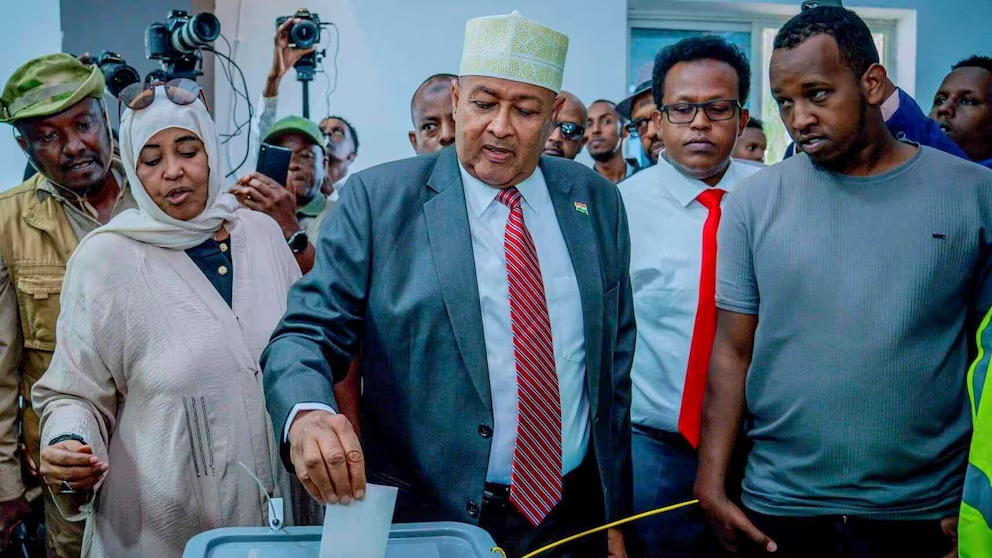Somalia Observes as the U.A.E. Deepens Its Military Ties with Somaliland
As the Gulf state increases its power in the Horn of Africa, the United Arab Emirates -UAE – and Somaliland are strengthening their military and security collaboration. This development may further exacerbate tensions between Abu Dhabi and the federal government of Somalia. Continue reading “Somalia Observes as the UAE Deepens Its Military Ties with Somaliland”















You must be logged in to post a comment.